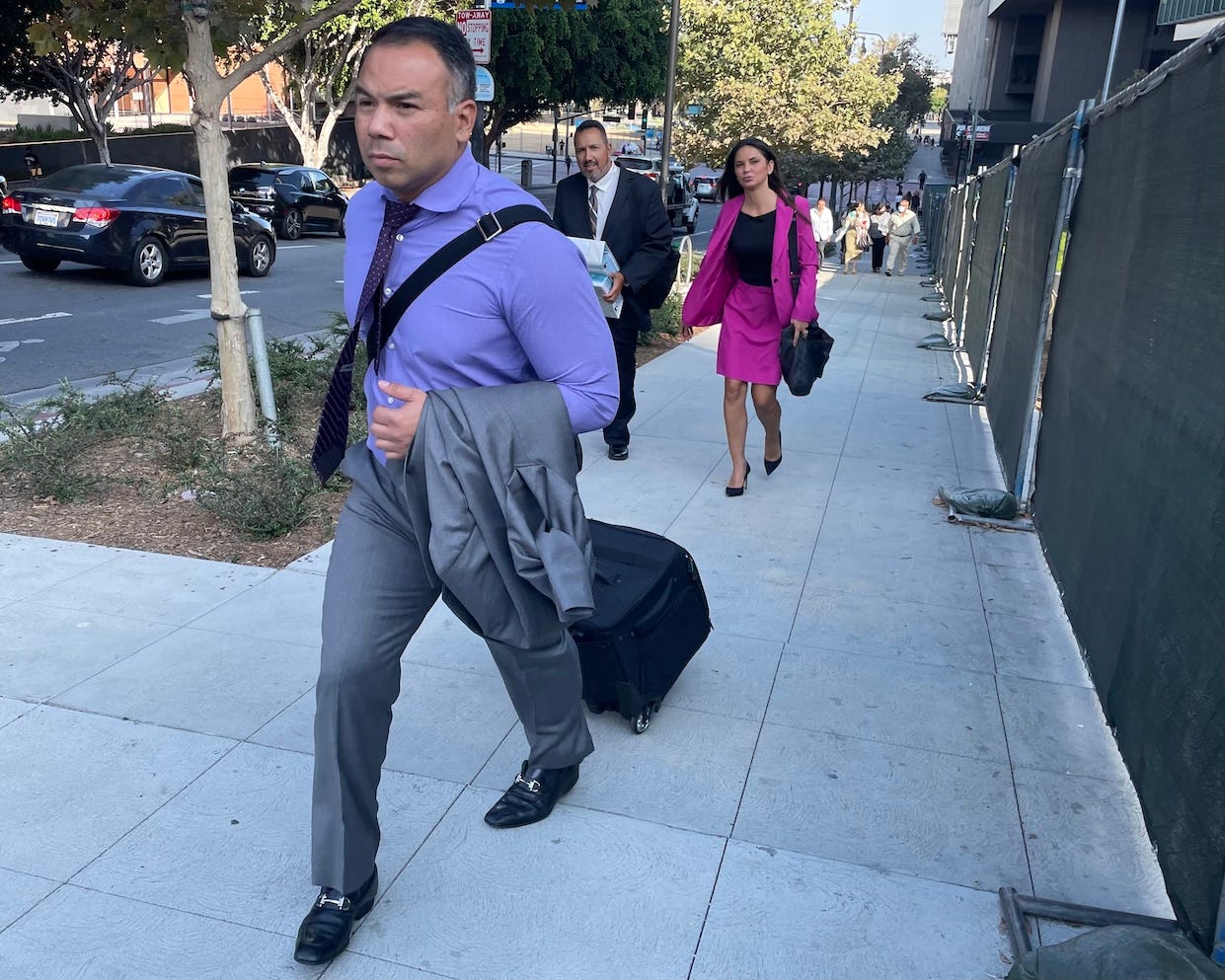Newly disclosed evidence leads to lenient plea deal for accused Mexican Mafia lawyer
Prosecutors are recommending no prison and no probation for Gabriel Zandejas-Chavez, who pleaded guilty Thursday to misprision of a felony.

A lawyer accused of using his access to prisons to help his Mexican Mafia clients extort and murder rivals recently accepted an unusually lenient plea deal involv…


